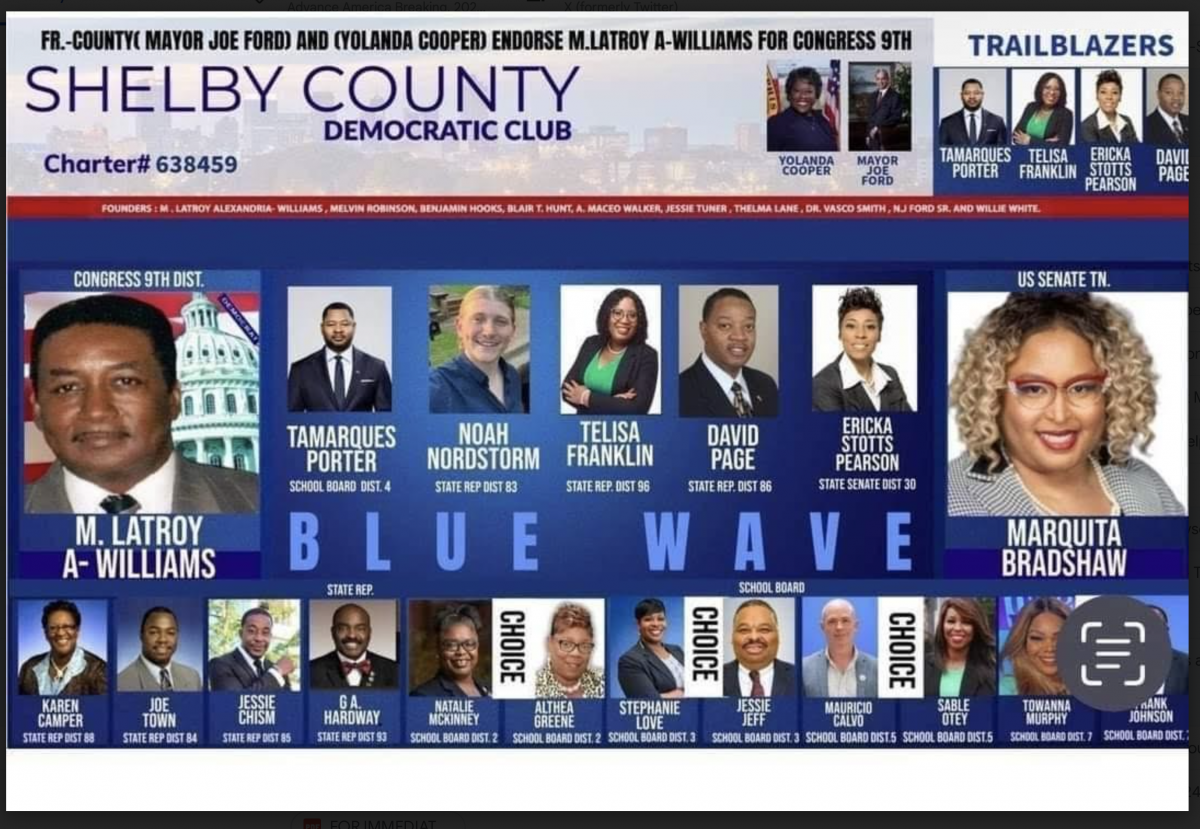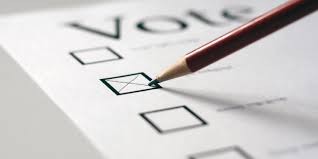Never say die — particularly if you’re talking about that unkillable scourge of local elections, the bogus ballot.
That’s the term of art for those privately prepared and printed broadsheets containing the mugs of assorted candidates that various entrepreneurs pass out to voters at election time.
The balloteers charge the favored candidates a pretty penny — actually, several thousand dollars apiece — for the honor of appearing on these sample ballots as “endorsees.”
It’s all a matter of commerce. Not much actual evaluation is involved, with the exception, perhaps, of a few — a very few — candidates who get included gratis, perhaps to salve the consciences of the money-making balloteers.
In recent years, critics of the process — ranging from occasional candidate John Marek to the Shelby County Democratic Party itself — have gone to court in an effort to bring things to a halt, mainly because several of the ballot-mongering entrepreneurs have included misleading imagery and language making it appear that their profit-making sheets are actually the legitimate handiwork of the Democratic Party.
The plaintiffs had considerable difficulty getting hearings on the matter because so many local judges were customers of the ballot makers.
But at length, a special judge, William Acree, was brought in from Jackson and issued a permanent injunction against further publication of bogus ballots that simulated Democratic Party efforts.
Such constraints as resulted, including still-pending action against balloteer Greg Grant, have slowed to a halt, however, for several reasons: Judge Acree has retired, and the litigants who sought the injunction are now hors de combat.
Plaintiff Marek, a lawyer whose efforts have been pro bono, is seeking to withdraw, and his partner in litigation, Jake Brown, has already done so as of last week, having been cut loose by the local Democratic Party, which has opted under current party chair Lexie Carter to pay for no more litigation.
Meanwhile, with elections approaching in August and November, privately printed sample ballots are out there again in force, some of them heeding the injunction against feigning Democratic Party involvement, and some not. (See image of ballot from entrepreneur M. Latroy Alexandria-Williams, whose “Memphis Democratic Club” and “Shelby County Democratic Club” are shell organization with no real existence.)
And the old saw that “you get what you pay for” still reigns among local candidates for office.

